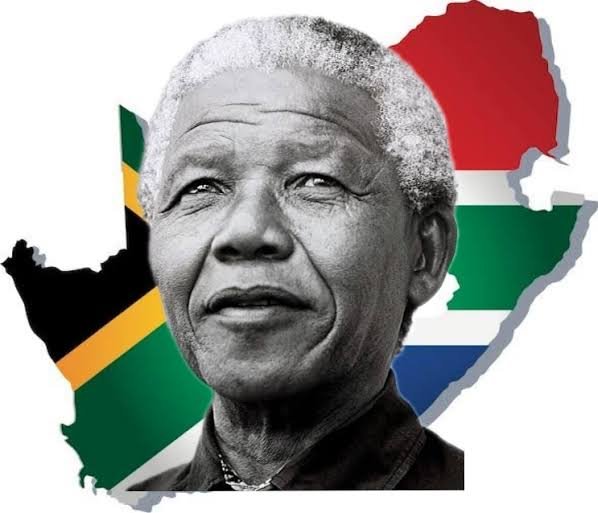
Putin’s Strategic Use of Hunger as a Weapon in War
Vladimir Putin has weaponized hunger in both international conflicts and domestic governance to destabilize adversaries and strengthen his control, particularly in the context of restoring Russia's influence reminiscent of the Soviet Union. His actions in Ukraine, such as targeting agricultural infrastructure and blockading ports, have led to severe food scarcity, described by human rights organizations as a war crime. Ukraine, known as the "breadbasket of Europe," has seen its grain exports plummet, significantly impacting poor countries reliant on its produce, resulting in soaring food prices and famine conditions in regions like Somalia and Yemen. The international community responded with the Black Sea Grain Initiative (BSGI), brokered by the UN and Turkey, allowing safe passage for grain exports from Ukraine, thus aiding 45 countries for a year. However, the initiative's collapse in July 2023 reignited food supply concerns. Domestically, Putin has also caused food insecurity in Russia by limiting seed imports, which doubled costs and resulted in shortages, hampering agricultural production. Bureaucratic obstacles have further worsened the situation, demonstrating the governmental failure to support agricultural needs despite the simplicity of providing seeds.

Nelson Mandela’s Strategic Use of Violence to Achieve His Goals
Nelson Mandela’s journey to end apartheid in South Africa involved a crucial shift from nonviolent protest to the strategic use of violence. Initially inspired by Gandhi, Mandela engaged in peaceful resistance, but the apartheid government’s brutal repression, exemplified by events like the Sharpeville Massacre, pushed him to adopt armed struggle. In 1961, he co-founded Umkhonto we Sizwe, the ANC's military wing, focusing on sabotage of government infrastructure while avoiding civilian harm. This change is often omitted from mainstream narratives that present Mandela primarily as a figure of reconciliation, obscuring the realities and complexities of his choices. Unlike Gandhi, who viewed nonviolence as an absolute principle, Mandela saw it as a tactic to be employed when peaceful protests proved ineffective. His armed resistance was deemed necessary for the survival of the anti-apartheid movement and revitalized international attention, leading to negotiations with the government. Throughout this struggle, Mandela endured significant personal suffering, spending 27 years in prison under harsh conditions. His experiences highlight the sacrifices made for freedom and the difficult choices faced in the fight against systemic oppression.

The Power of Branding and Product Focus: A Sustainable Path Forward
Branding is essential for market differentiation and competitive strategy, helping companies establish unique identities and emotional connections with consumers. This fosters customer loyalty and enables brands to communicate their value propositions effectively. According to a 2023 McKinsey report, 89% of businesses prioritize brand differentiation, which significantly contributes to customer retention and recommendations. Companies can charge premium prices for trusted brands, as consumers are willing to pay more for perceived quality and simplicity. Focusing on fewer products allows companies to optimize supply chains, improve production efficiency, and reduce environmental impact. This strategy leads to decreased resource consumption and pollution, promoting sustainability. Streamlining product lines and minimizing waste can enhance production quality and speed, while sustainable packaging solutions further reduce landfill contributions. Adopting minimalist packaging designs aligns with eco-conscious consumer preferences and simplifies waste management. Ultimately, sustainable packaging should balance social, economic, and ecological considerations throughout the product's life cycle, promoting long-term environmental sustainability. Reducing overconsumption contributes not only to environmental health but also to job creation and economic growth, positioning companies as leaders in the market while addressing climate challenges.

Aggressive Competitive Strategy for Sustainable Development Goals
The text emphasizes the need for an aggressive competitive strategy to advance the United Nations' 17 Sustainable Development Goals (SDGs) due to the inadequate progress currently evident—only 12% of targets are on track. This strategy shifts sustainability from being a voluntary effort to a core competitive advantage for businesses. Companies would actively promote their contributions to the SDGs while highlighting competitors' shortcomings, creating a battleground for ethical responsibility akin to historical rivalries in marketing. The text highlights that consumer preferences are shifting, with 72% willing to pay more for sustainable products, particularly among Millennials and Generation Z. Consumers are generally ready to pay a premium of up to 12% for sustainable goods, presenting a significant advantage for businesses that transparently demonstrate their sustainable practices. However, current sustainability marketing often falls short, as it frequently lacks the aggressive comparative approach necessary to drive meaningful change. This results in confusion among consumers, as they struggle to differentiate between genuinely sustainable companies and those engaging in greenwashing. The text calls for a more competitive and transparent communication strategy to effectively advance the SDGs and encourage authentic sustainability efforts.